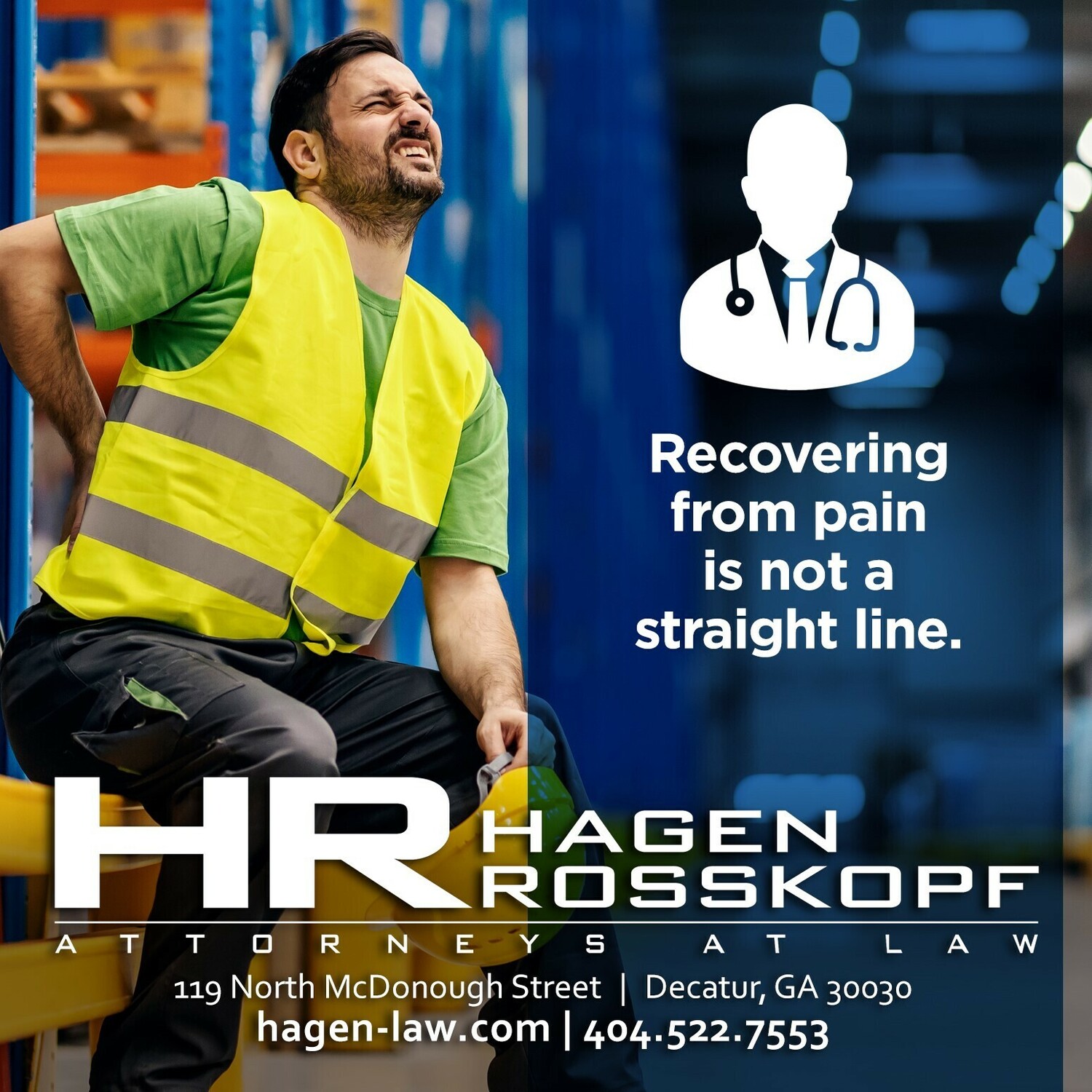Assessing Your Pain in Atlanta: Navigating Legal Claims with Precision

Updated February 20, 2024
If you're in Atlanta, the hustle of city life and the heavy traffic can sometimes lead to unfortunate accidents. Whether it's a collision on the bustling streets of Midtown, a slip and fall at a busy marketplace, or an injury at work, the aftermath can leave you grappling with pain that disrupts your life in profound ways.
Physical pain that wakes you up at night. Pain that doesn’t allow you to do your job properly. Pain that throbs, pinches, and burns. Pain that leaves you feeling numb and exhausted. Pain that just won’t go away. Does this sound like your pain?
Pain is subjective and can be difficult to measure objectively. Chronic pain can sometimes be difficult to validate. The American Medical Association Guides states that that when pain persists, it can “dominate a person’s existence, contributing to significant impairment, reduction in the quality of life, functional limitations, and disability.”
At every doctor’s visit you are asked, “on a scale from 0-10, how is your pain today?” But how do you even pick a number on a pain scale that truly describes how you’ve been feeling since the day someone crashed into your car?
It’s important to answer this question as accurately as you can because it can affect how medical providers treat you. It will also help to establish your credibility in your personal injury claim. Your answer will be noted in your medical records, which can be viewed by legal and insurance professionals.
Here are some tips to ensure your pain is understood and accurately documented in Atlanta's legal and healthcare landscape:
- Don’t inflate your answer because you think that a higher pain rating would result in a better settlement.
- Just as important, don’t “tough it out." Don’t minimize your pain. Tell your doctors about all the symptoms you are experiencing so they can know how to treat you effectively.
- Describe your pain using both numbers and words. Using words to talk about your pain and how it affects your daily life will paint a more complete and precise picture for your doctor.
- Be consistent and don’t guess. If you are unsure or don’t remember what you said at your last visit, it’s okay to ask the staff at your doctor’s office to look up what you said previously. Atlanta's legal system values precise and reliable documentation.
- Ask to see the pain scale that your medical provider uses to help you answer objectively.
- Don’t claim to have pain of 10 unless your pain really is excruciating to the point where you can’t even hold a conversation. The judge, defense attorney or insurance company in your personal injury claim will likely view a rating of 10 as an exaggeration or even a deliberate deception.
Communicating effectively about the level of pain you are experiencing is key to getting the most effective treatment for your pain. It’s also crucial for successfully documenting your pain and prognosis in your medical records. Hagen Rosskopf personal injury attorneys will use those medical records in your bodily injury claim to prove the extent of the impact the car accident had on your health and life.

Pain scales can be useful in assessing a person’s pain, but they also tend to oversimplify the process. There are newer pain assessment tools available like smartphone pain apps with varying levels of effectiveness but for now pain remains to be what people say it is. How we convey that experience makes all the difference.
Moreover, the integration of artificial intelligence and machine learning in pain assessment tools represents a promising frontier. This study, published on NCBI, explores how AI can enhance pain assessment by analyzing patters in pain reporting and physiological data, offering insights that might be missed by human observers.
Ultimately, navigating pain scales can be challenging, but it's an essential aspect of building your legal claim and securing rightful compensation for your suffering.
If you have been injured due to someone's negligence, you may be able to receive financial compensation for your medical bills, and for your pain and suffering. Call us and receive a free consultation with one of Atlanta's best personal injury lawyers.
